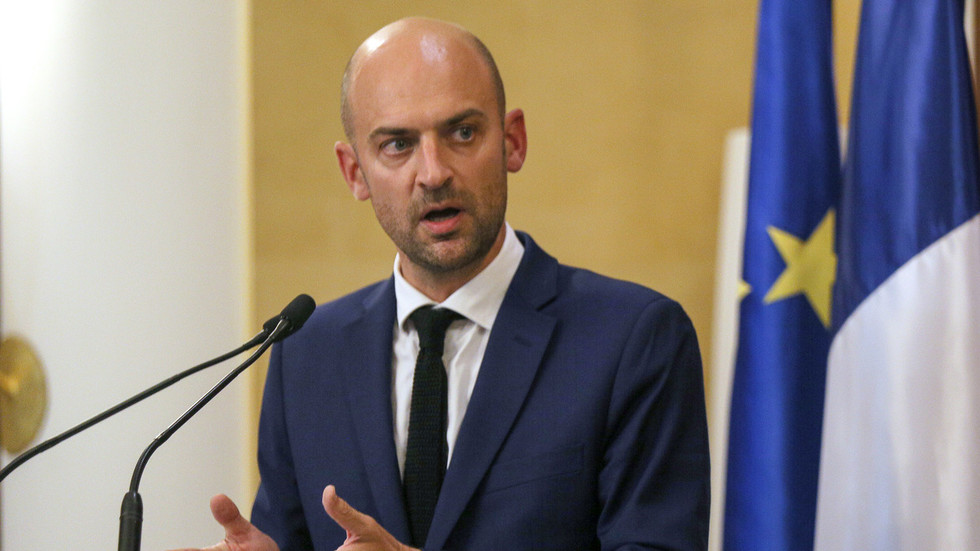During a recent visit to Kiev, French Foreign Minister Jean-Noel Barrot expressed France’s openness to the idea of inviting Ukraine to join NATO, emphasizing the necessity of rallying Western nations behind Ukrainian President Volodymyr Zelensky’s “victory plan.” Barrot articulated the grave implications of a Russian victory, warning that it would affirm the principle of might over right and contribute to global disorder. This acknowledgment shows France’s commitment to supporting Ukraine’s ongoing resistance against Russian aggression, with Barrot reiterating that collaborative efforts are vital to advancing Zelensky’s strategy and building a broad coalition of support.
Zelensky’s proposed five-point plan includes initiatives that were previously deemed contentious among Western allies, notably an immediate invitation for Ukraine to join NATO and the removal of limitations on the use of advanced foreign weaponry for operations targeting deep within Russian territory. This reflects a shift in Ukraine’s diplomatic posture and underlines its urgent need for increased military support, especially as it continues to face significant challenges on the battlefield against Russian forces, particularly in the Donbass region.
However, NATO has previously indicated that integrating Ukraine into the alliance would not be feasible until the ongoing conflict reaches a resolution. Additionally, discussions surrounding the provision of advanced weaponry, such as ATACMS missiles, have faced obstacles due to a lack of consensus among member states, as highlighted by U.S. President Joe Biden’s cautious stance. This juxtaposition between Ukraine’s urgent requests for military assistance and NATO’s strategic limitations illustrates the complexities of the alliance’s commitment to Ukraine amidst ongoing hostilities.
In conjunction with these discussions, Barrot announced France’s commitment to supply Ukraine with its first batch of Mirage 2000 fighter jets by early 2025, alongside ongoing training of Ukrainian pilots and technicians by the French Air Force. This military assistance aims to bolster Ukraine’s air capabilities, which are increasingly recognized as critical to its efforts on the battlefield. Ukrainian leaders have long maintained that Western-supplied aircraft, including both Mirage 2000s and U.S.-produced F-16s, are essential for countering Russian advancements in occupied territories.
As military aid flows from Western allies, Russia has responded firmly, asserting that no level of external support would alter the course of its operations in Ukraine. This stance was further underscored by remarks from Russian Foreign Ministry spokeswoman Maria Zakharova, who dismissed Zelensky’s “victory plan” as a collection of vague notions rather than viable strategies. Such rhetoric signals Moscow’s determination to project strength and undermine Ukrainian aspirations, particularly as Western countries contemplate deeper military engagements and support for Ukraine.
In conclusion, the evolving dynamics between Ukraine, NATO, and its Western allies underscore the delicate balance of geopolitical interests at play. France’s supportive stance, coupled with its initiative to enhance Ukraine’s military capabilities, illustrates a significant commitment to ensuring that Ukraine can sustain its resistance against Russian aggression. However, the call for immediate NATO membership and advanced weaponry reflects the urgent realities on the ground while highlighting the complexities of alliance politics amid an ongoing conflict that demands nuanced engagement and a strategic approach from all parties involved. As the situation continues to develop, the focus will likely remain on finding effective pathways to support Ukraine while navigating the broader implications for European security and stability.

